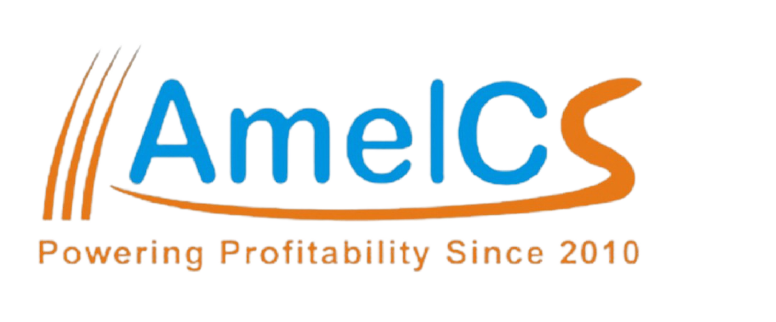In today’s digital age, consumers are bombarded with information and advertising everywhere they turn. Cutting through the noise and capturing their attention can be a daunting task. This is where the power of content marketing shines.
Content marketing is a strategic approach to creating and distributing valuable, relevant, and consistent content to attract and retain a clearly defined audience and ultimately drive profitable customer action. It’s about building relationships and trust with your audience by providing them with information and resources that genuinely benefit them. While it’s not a direct sales pitch, effective content marketing subtly positions you as an authority in your field, fostering brand loyalty and encouraging long-term engagement with your business.
Why is content marketing so powerful?
- Builds Brand Awareness: High-quality content gets shared across social media and other platforms, increasing brand visibility and organic reach.
- Educates and Informs: Valuable content establishes you as a thought leader, demonstrating your expertise and building trust in your brand.
- Drives Lead Generation: Engaging content attracts potential customers who resonate with your message, providing valuable leads for your sales pipeline.
- Boosts Customer Engagement: Content fosters interaction with your audience, fostering brand loyalty and driving repeat business.
- Improves Search Engine Optimization (SEO): Consistent content creation with relevant keywords helps your website rank higher in search engine results, attracting organic traffic.
Engaging and Converting Your Audience Through Content:
Now you know the “why” behind content marketing, but how do you create content that truly engages and converts your audience? Here are some key strategies:
1. Know Your Audience:
Before you start creating content, take the time to understand your target audience. Who are you trying to reach? What are their needs, interests, and pain points? By understanding your audience, you can tailor your content to resonate with them on a deeper level.
2. Create Valuable Content:
Focus on creating content that is informative, insightful, and engaging. It should provide value to your audience by solving their problems, answering their questions, or simply entertaining them. This could include blog posts, articles, infographics, videos, podcasts, ebooks, webinars, and other formats.
3. Be Consistent:
Consistency is key in content marketing. Publish new content regularly to keep your audience engaged and coming back for more. This could be daily, weekly, or monthly, depending on your resources and target audience.
4. Utilize Storytelling:
Humans are hardwired to connect with stories. Weaving narratives into your content can make it more relatable, memorable, and emotionally impactful.
5. Optimize for Search Engines:
While content marketing isn’t solely about SEO, it’s crucial to optimize your content for search engines by incorporating relevant keywords and adhering to best practices. This will help potential customers discover your content when they search for related topics.
6. Promote Your Content:
Don’t expect your content to go viral on its own. Promote your content across various channels, including social media, email marketing, and influencer outreach.
7. Track Your Results:
It’s important to track the performance of your content marketing efforts to see what’s working and what’s not. Use analytics tools to measure things like website traffic, engagement metrics, lead generation, and conversions. This data will help you refine your strategy and create even more successful content in the future.
Examples of Engaging Content Formats:
- Blog posts: Share industry trends, insights, and advice on relevant topics.
- Infographics: Present complex information in a visually appealing and easily digestible way.
- Videos: Create engaging and informative video content to showcase your expertise and products/services.
- Podcasts: Offer insightful conversations and interviews with industry leaders or discuss relevant topics.
- Case studies: Showcase successful customer stories and demonstrate the value you provide.
- Ebooks: Offer in-depth information and resources on a specific topic in exchange for contact information, generating leads.
Conclusion:
Content marketing is a powerful tool for any business looking to attract, engage, and convert potential customers. By creating valuable, consistent, and audience-focused content, you can build brand awareness, establish yourself as a thought leader, and ultimately drive business growth. Remember, content marketing is a long-term strategy, so be patient, consistent, and track your results to see the true power of its impact.
For Content Writing Services, contact us now.
